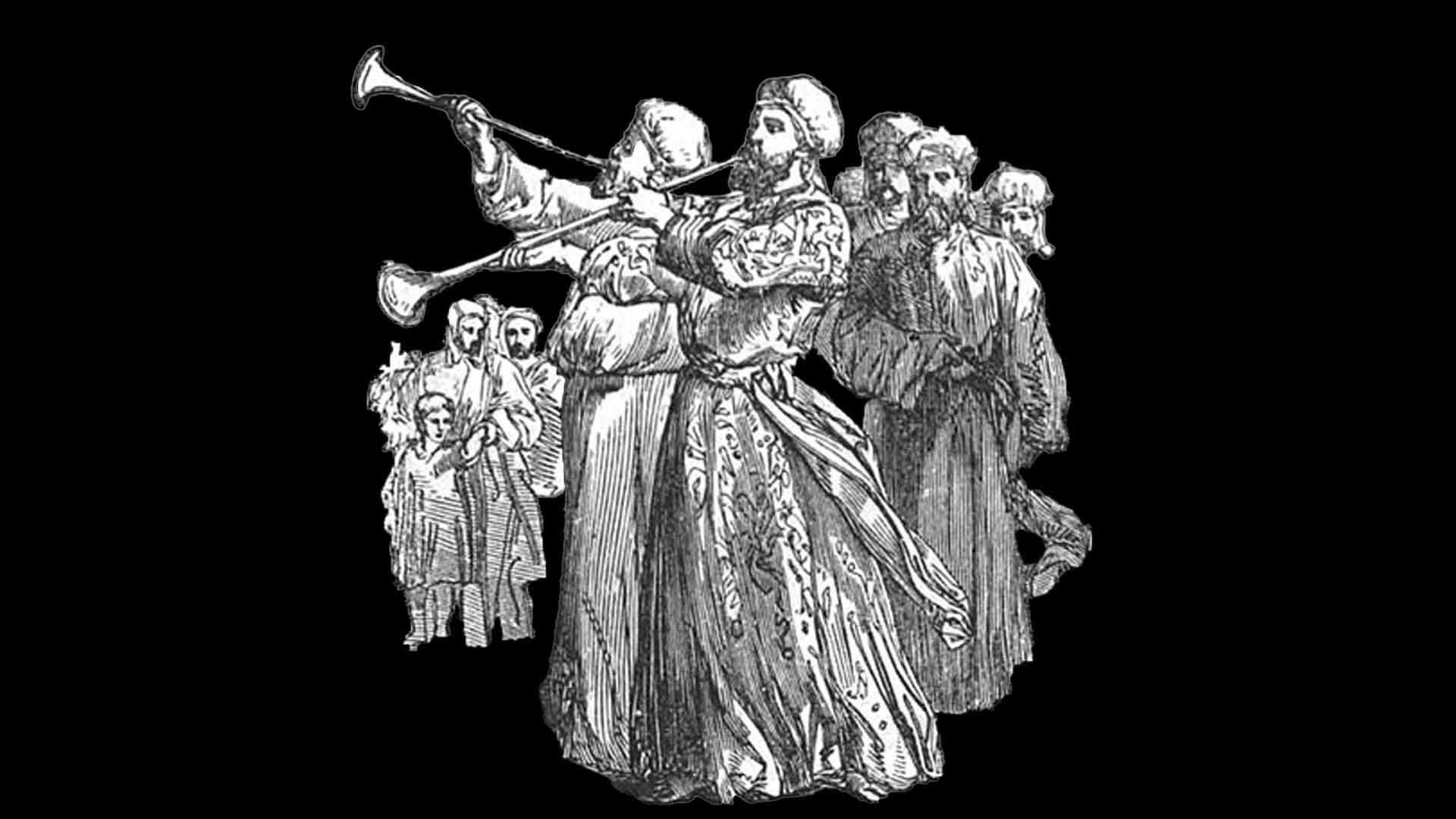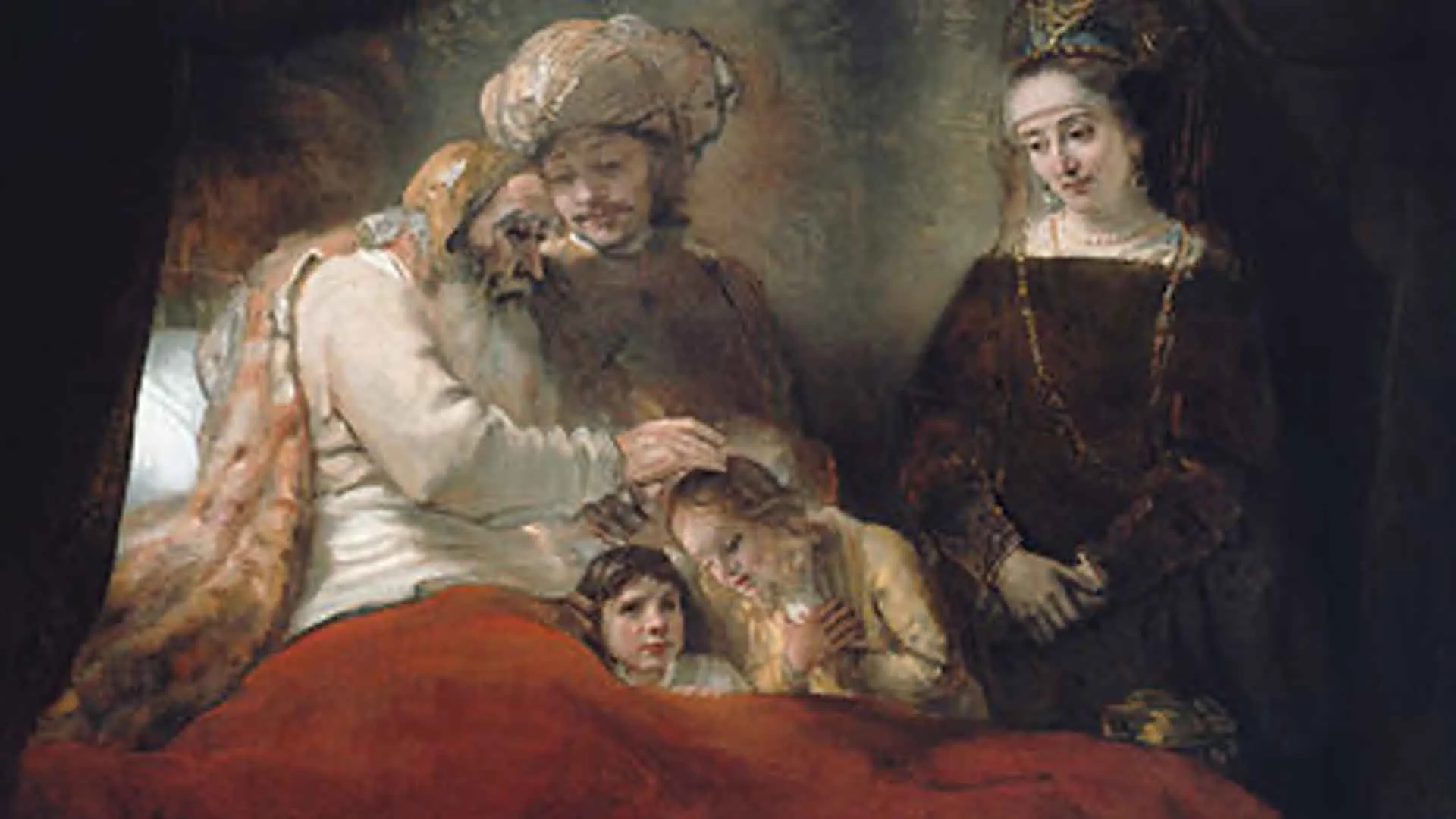For the source text click/tap here: Bava Metzia 99
To download, click/tap here: PDF
The Gemara cites another ruling concerning differing rates of compensation: Rava says: With regard to these porters who broke a shopkeeper’s barrel of wine, which on market day sells for five dinars and on other days sells for four dinars, if they restore its value to him on market day, then it is sufficient if they compensate him with a barrel of wine, which he could then sell for five dinars. If they wish to repay him on other days, i.e., on a non-market day, they must compensate him with five dinars. They cannot discharge their debt by giving him a barrel of wine, as on those days it is worth only four dinars.
Apropos blessings, Rabbi Yitzḥak said: A blessing is found only in an object that is hidden [samui] from the eye, not in an item visible to all, as public miracles are exceedingly rare. As it is stated:
“The Lord will command His blessing upon you in your barns [ba’asamekha]” (Deut 28:8).
Rabbi Yitzḥak’s exposition (Taanit 7) is based on the linguistic similarity (pun?) between samui and asamekha. Likewise, the school of Rabbi Yishmael taught: A blessing is found only in an object that is not exposed to the eye, as it is stated: “The Lord will command His blessing upon you in your barns.”
Tosafos there cites a Gemara in Chullin (105) where the same porters \ who carried a barrel of wine wanted to rest. They rested it under a gutter pipe. The barrel broke; how come they were not protected by the hidden blessing?
The Gemara explains there that this was due to a Mazik (Shed) that was there. Mar bar Rav Ashi forced it to pay.
We explore the personality of Asenath and the blessing she was (although hidden from the eye) and revealed in Rembrandt’s Blessings of the sons of Jacob.




















